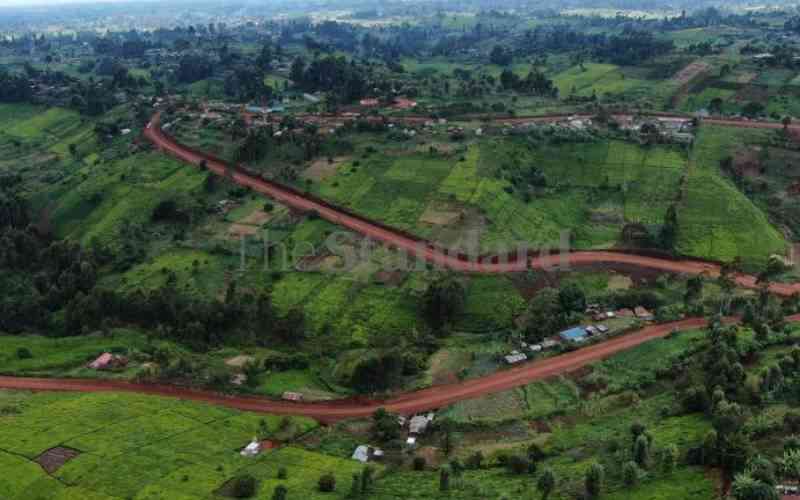×
The Standard e-Paper
Home To Bold Columnists

It is mid-morning in the heart of Aberdares Forest National Park, and sunlight filters through the dense canopy in intermittent bursts.
Colourful birds chirp from the treetops, while crickets create a cacophony in the lush and undisturbed ecosystem.